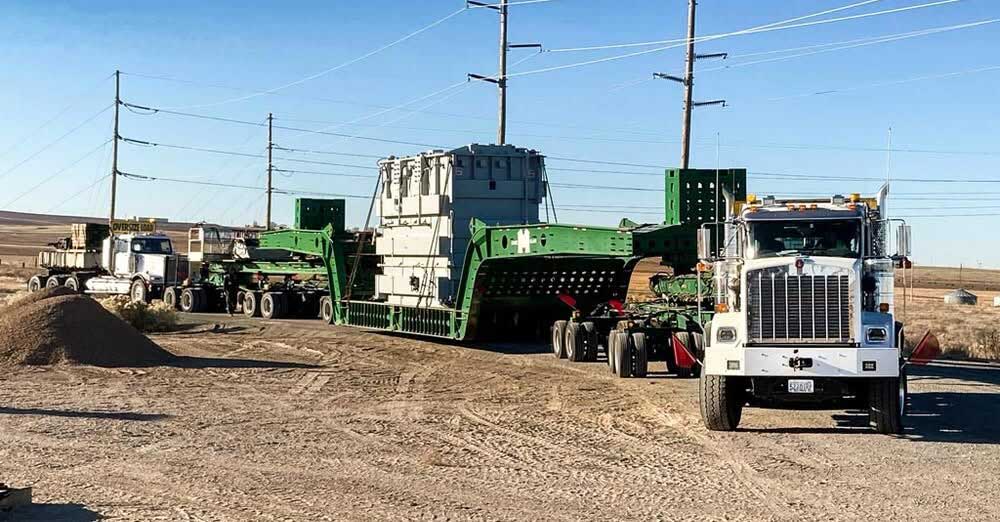More wheat growers willing to embrace alternatives offered by biotechnology
Published 3:30 pm Monday, March 7, 2005
As biotech corn and soybean acreage increases in the United States, so it appears does the willingness of wheat growers to embrace biotechnology’s alternatives.
Fearful they are being left behind in the scientific sweepstakes, wheat farmers made it clear at the recent North American Grain Congress in Reno, Nev., that they favor a more aggressive approach to the introduction of biotech traits in their crops.
“None of us want our best crop to become an orphan crop. The rest of the world is going to clean our plow,” said Jerry McReynolds, a farmer from Kansas. “They are going to move forward and we are going to be left (behind).”
McReynolds was speaking as a member of the wheat industry’s Joint Biotech Committee, made up of representatives from the National Association of Wheat Growers, U.S. Wheat Associates and the Wheat Export Trade and Education Committee. He said some of the same countries that oppose biotech traits in U.S. wheat are moving forward with their own research.
“They say they are protecting their people, but as soon as they have (the biotech trait), it is a non-issue. It is all political. Why do we allow them to put us in a box? Why not move forward?” he said.
Part of the answer to that question can be summed up in the phrase “The customer is always right.” Representatives from U.S. Wheat Associates, which is responsible for developing overseas markets for U.S. wheat exports, have been particularly anxious about testing customers’ resolve on the biotech issue.
In the past, the organization has released surveys quoting overseas buyers’ opposition to buying any wheat from the United States if a transgenic wheat is introduced here.
But more farmers are seeing the need to embrace biotechnology.
“USW doesn’t have a damn bit of choice but to sell what we produce,” McReynolds said. “My bottom line is we can’t compete with European Union subsidies of $300 an acre vs. $30 an acre (in the United States). Technology is what is saving my farm right now. We have to have technology,” he said.
That sentiment is gaining steam. At the biotech meeting, the chairman of the National Wheat Improvement Committee offered his organization’s backing.
Jim Peterson, wheat breeder at Oregon State University, will take over as chairman of the committee this spring. He said wheat researchers need to become more involved in wheat biotechnology and pledged his group’s support for “The Road Forward: A Strategy for Commercializing Biotech Traits in Wheat While Preserving and Expanding Markets.”
“We felt researchers and the research community have been a bit on the sidelines and need to get re-engaged. It is very important this be moved forward aggressively or we are going to see a lot of things remain on the shelf or go on the shelf,” Peterson said.
The Road Forward is an action plan that details how biotech traits can be brought to the market. It was originally adopted by NAWG and WETEC, but rejected by USW. At the Reno meeting, USW reversed course and also adopted the document.





